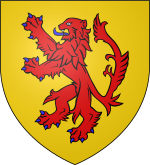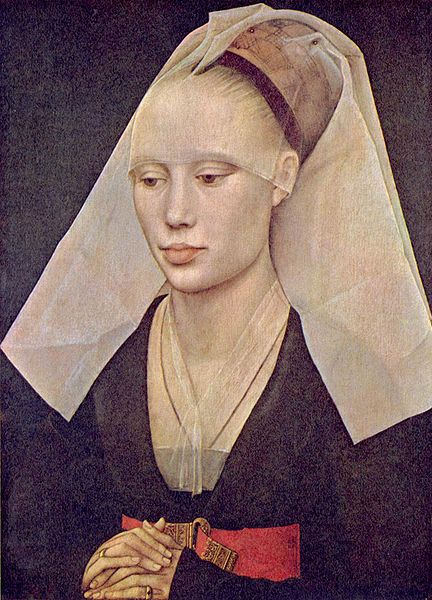
A note from the Author
Briefly, my goals are:
- Be plausible in my goals and motives, presented in a logical and semi-historical fashion
- Form the Greater Netherlands (all Dutch, Flemish and Walloon cultured provinces in the low countries)
- Dominate Global Trade and become the richest Nation in the world
- Discover the New World and colonise realistically
- Round Africa and cut out the Ottomans from the Spice Trade
- Colonise Woiworung, because that's where I live
- Repeat the Raid on the Medway if I can
- No War Without CBs and no taking provinces without proper CB
- No Console (unless intervening to prevent the worst of AI excess)
- No Reloading
- Inflation is off (AI cannot handle it), Difficulty normal, Historical Lucky Nations, AI Agression is low, as I believe this leads to a more difficult and entertaining late game.
- Providing an enjoyable, interesting AAR in an believable context
So too I must show my unending gratitude to the_hdk for his generous help in translations into native Dutch.
I shall post the first chapter in the next few days.

Table of Contents
Eberhard van Oranje (1399-)
1: Jantje-durft-niet doet zelden goede zaken : Johhny Dare None Makes Bad Business
2: Een goede naam is beter dan olie : A Good Name is the Best of All Treasures
3: Een bloode hond word zelden velt : Fortune Favours the Bold
Last edited:


































